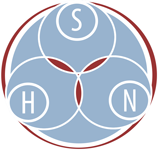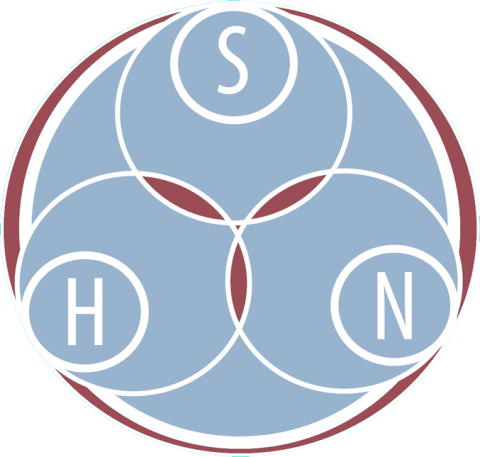2015 Pre-ATALM Sustainable Heritage Network Workshops
Description:
In addition to our two-and-a-half day post-ATALM workshop, we sponsored three separate workshops on Thursday, September 10.
The workshops were:
- Mukurtu CMS Site-Building and Community Engagement, 9:00-5:00, led by Kim Christen, Mukurtu Project Director, Washington State University; Kelley Shanahan, Mukurtu Services Manager, Center for Digital Archaeology; Lotus Norton Wisla, Tribal Digital Archives Curriculum Coordinator, Washington State University Libraries. Mukurtu CMS is a free content management software that allows communities to preserve, share, manage, license and curate their digital heritage and stories. Mukurtu promotes a community approach to digital heritage management and preservation, integrating already established social and cultural systems with technological tools. In this workshop, participants received hands-on experience with Mukurtu CMS. Participants learned about: 1) basic site set up 2) core features 3) step-by-step procedures to curate digital heritage items with Mukurtu CMS. Participants saw examples of Mukurtu in use in communities emphasizing preservation strategies, cultural protocols and the use of traditional knowledge labels. Participants were encouraged to bring digital media to use in their personal Mukurtu play site during the workshop.
- Developing Tools to Navigate Intellectual Property and Protect Cultural Heritage, 9:00-5:00, led by Jane Anderson, Assistant Professor, New York University; James Francis, Director/Tribal Historian, Cultural and Historic Preservation, Penobscot Nation; and Lisa Morehead-Hillman, Food Security Project Coordinator, Karuk Tribe's department of Natural Resources.This workshop focused on three topics that affect capacity to respond to issues of intellectual property (IP) and knowledge sovereignty within tribal contexts. The first topic, Governance and IP Negotiations within Tribal Contexts engaged participants in thinking about how IP issues should be managed within their own tribal context. This included identifying who should be the decision-making body or bodies for any negotiations with external parties. The second topic, Developing Protocols, Agreements and Transfer of Copyright gave practical advice about the kinds of documents that need to be developed to manage IP within tribal contexts. Participants were offered a model that can be used and adapted within their own context. The final topic Traditional Knowledge Labels outlined one practical way for asserting control over access and routes of circulation of valuable cultural heritage, including material currently existing within the public domain.
- Preserving and Enhancing Native Language Resources in Tribal Libraries, Archives, and Museums, 9:00-noon, led by Gary Holton, Director, Alaska Native Language Archive and Andrea Berez, Assistant Professor, University of Hawai'i. This hands-on workshop provided training in best practices for handling Indigenous language materials. Topics included: creating appropriate linguistic metadata descriptions; acquiring and working with digital audio/video; linking text and audio/video; transcription and translation. Participants will learn about tools for enhancing access to existing resources, including software for creating talking dictionaries, mobile applications, interactive websites. Strategies for long-term preservation and access, including archiving platforms such as Mukurtu Mobile will be covered, along with funding opportunities specific to language documentation. The workshop was aimed at tribal library, museum, and archive employees without previous language experience, but it was open to experienced language professionals as well. Participants were encouraged to bring relevant (analog or digital) language resources to the workshop.


